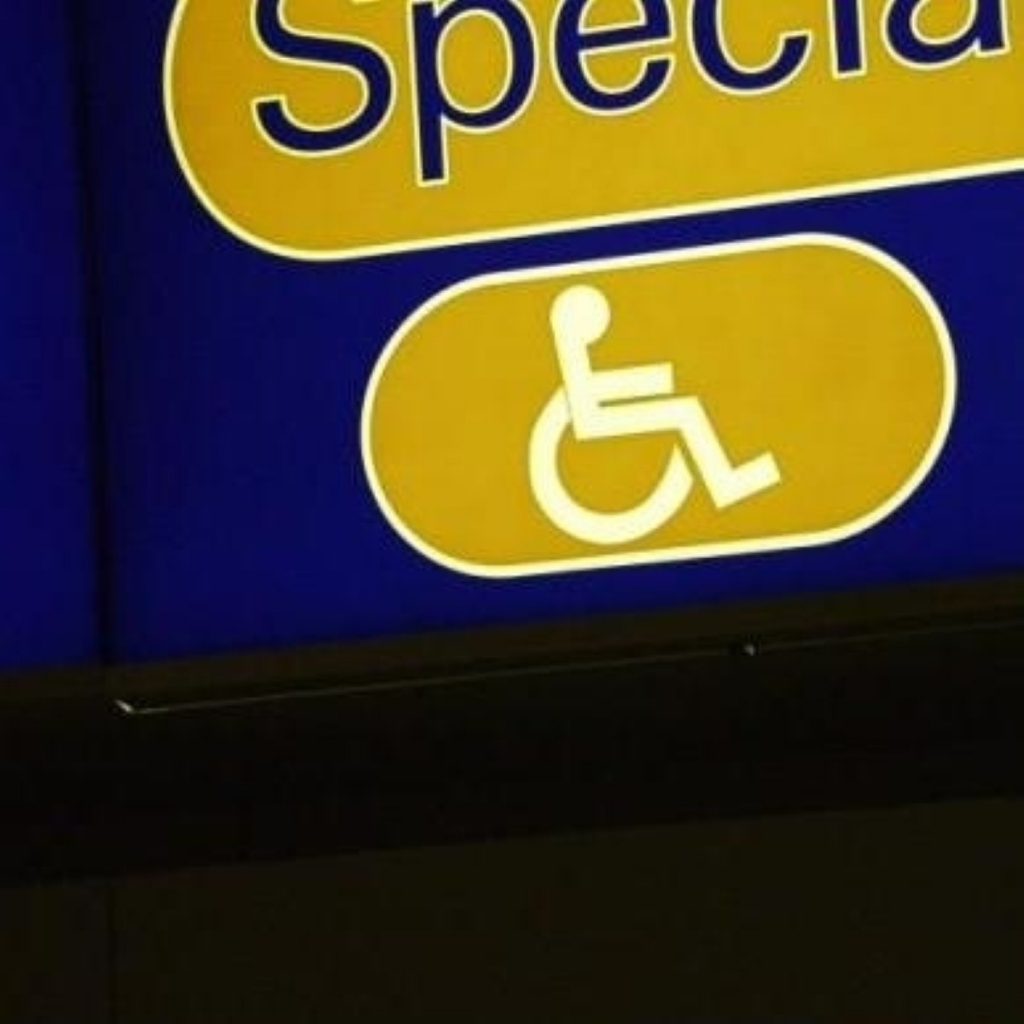Govt to clampdown on blue badge cheats
Parents of severely disabled children would be given priority parking under proposals outlined by the government today.
A the same time drivers that abuse the ‘blue badge’ parking scheme for disabled people would be more severely punished, with parking attendants given the powers to confiscate fake badges on the spot.
Transport minister Rosie Winterton has launched a consultation on a number of proposals designed to overhaul the blue badge scheme.
The government wants to extend the number of people that can benefit from the scheme that guarantees disabled people parking near essential local services and amenities.


And to protect the scheme’s integrity it wants to make it easier for councils to take action against people that steal, forge or fraudulently use a blue badge.
Ms Winterton said: “The blue badge scheme was designed to increase the mobility and independence of disabled people and today I am proposing that we extend its reach to help more people, including a greater number of parents who have to transport bulky medical equipment with their children and people with severe autism.
“The government is also determined to take action against those who forge, steal or fraudulently use a badge. That is why I want to hear people’s views about ways of making the badge more secure and better ways of taking immediate action against blue badge cheats who steal, forge or use a badge they are not entitled to.”
As part of this, the government is considering a national database to identify blue badge cheats.
The blue badge scheme has not been reviewed for nearly a decade.
Shadow minister for disabilites Mark Harper criticised the lack of reform, pointing out many of today’s proposals had been recommended in 2002 and accepted by the government.
Mr Harper said: “It’s a pity that the many disabled people who rely on this scheme for access to services have had to wait so long for action, rather than just talk, from the government.
“While a clamp down on abuse of the scheme is very welcome, it must not be made harder for genuinely disabled people than it already is.”









